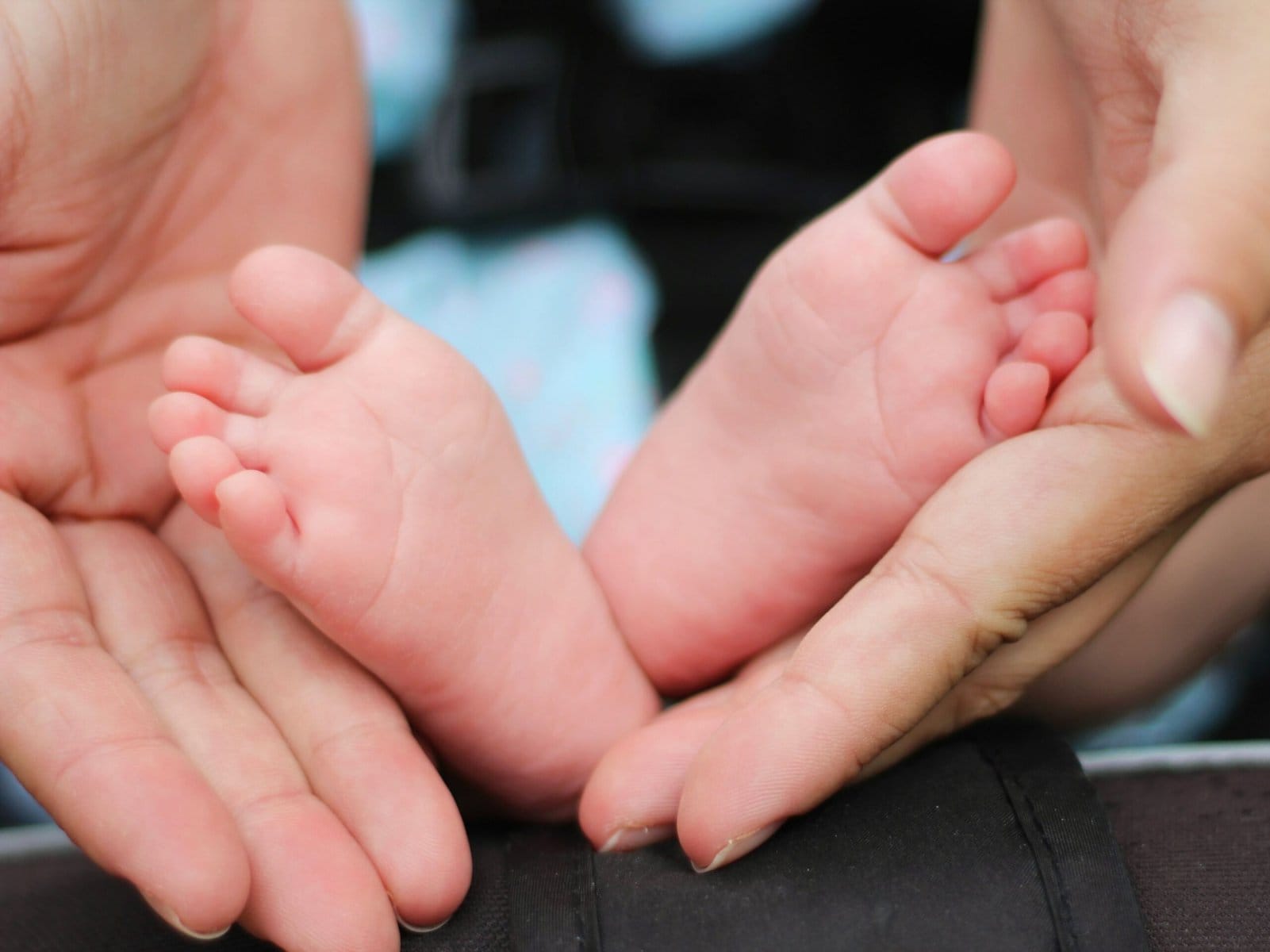background
The 2019 Council of Europe report on the anonymous donation of sperm and oocytes: balancing the rights of parents, donors and children
estimates approximately 8 million children have been born to date through this procedure.



background
estimates approximately 8 million children have been born to date through this procedure.



Geography
At present, vastly different national approaches exist, ranging from permissive to prohibitive and regulative to silent.
Most permissive approaches stem from a viewpoint of the right to found a family and the autonomy of women.
Most prohibitive approaches reflect ethical or religious arguments against potential and documented exploitative practices, especially in third party reproduction.
Legal
Whilst case law is developing from the perspective of children’s rights, neither the Convention on the Rights of the Child (CRC) nor any other international instrument deal explicitly with this question, leaving a variety of interpretations open.
According to ISS, inadequate attention on a global front has been given to the implications for children’s rights as defined by the CRC. In particular the variety of domestic legal responses to surrogacy has led to persons seeking to have a child through surrogacy making the necessary arrangements in a ‘surrogacy-friendly’ jurisdiction.
Commercial
This, together with the financial benefits that may be gained, has resulted in the gradual development of an extensive international commercial surrogacy market, which paves the way to lucrative business opportunities and activities with a high degree of inherent risk of human rights abuses.
It has also led to extremely complex and delicate cross-border problems in terms of safeguarding the rights of the children concerned.
Our approach
Any approach from a child rights perspective shall of course start from the CRC’s general principles, such as the right to non-discrimination, best interests and other rights guaranteed therein. The CRC Committee’s viewpoint is reflected in its concluding observations based on upholding rights such as access to origins, nationality and preventing sale of children. Other international approaches have been reflected by the 2018 report on surrogacy submitted by the UN Special Rapporteur on sale and sexual exploitation to the Human Rights Council and her 2019 report to the UNGA, as well as the work of the Hague Conference on Private International Law (HCCH) and ISS.
These Principles are designed to inspire and provide guidance on legislative, policy and practical reforms on the upholding children’s rights born through surrogacy. The Principles are created in the expectation of complementary and evolving efforts in the wider human rights framework. Although global consensus on surrogacy has not yet been reached, the rights of children born through surrogacy need to be addressed urgently.
From 2013, ISS called for urgent international regulation of international surrogacy arrangements as they affect the children concerned. In that context, ISS launched an initiative in 2016, to draw up a set of Principles that could be agreed on globally to guide policy and legislation.
Continued work on these Principles was supported by the United Nations Special Rapporteur on the Sale and Sexual Exploitation of Children in 2018 (UN Doc. A/HRC/37/60), in her recommendation:
78. The Special Rapporteur invites the international community to:
[…] (d) Support the work of the International Social Service in developing international principles and standards governing surrogacy arrangements that are in accordance with human rights norms and standards and particularly with the rights of the child. […]
In keeping with the original aim of the exercise and the UN Special Rapporteur’s recommendation, the drafting of the Principles focused on laying the foundations for worldwide consensus on effectively protecting the human rights of children who are born through surrogacy arrangements. The Principles are consequently drafted from the standpoint of these children’s rights and within the overall human rights framework.
The first draft of the Principles was prepared by a core group of experts convened and coordinated by Mia Dambach on behalf of ISS General Secretariat: Claire Achmad, Nigel Cantwell, Patricia Fronek, Olga Khazova, John Pascoe, David Smolin, Katarina Trimmings, and Michael Wells-Greco. This core group has since taken responsibility for regularly reviewing and adjusting the draft in the light of wider consultations. These consultations have involved a broad group of experts and observers including from UN CRC Committee, Governments, HCCH, UNICEF, the UN Special Rapporteur on the Sale and Sexual Exploitation of Children, academics and practitioners from multi-disciplinary backgrounds representing various regions in the world. The lived experiences of donor conceived and surrogate born persons was also sought and received. Securing inputs has been ensured notably through a series of international, regional and national consultations since 2016, including in Verona, Zurich, Israel, The Hague, Cape Town, London and Geneva as well as Cambodia (chronological order). Other regional meetings were also foreseen in the Americas and Eastern Europe but could not take place due to the COVID-19 pandemic. It was nonetheless possible to include input from experts from these regions in the drafting process.
ISS would like to warmly thank all those who have contributed to and participated in the drafting of the Verona Principles. ISS hopes that these Principles will provide useful guidance for protecting children’s rights in surrogacy, welcoming other efforts to ensure that human rights are respected in this field.
Currently available in English and Portuguese, the Verona principles will be translated into French and Spanish, and on request to other languages.
References

